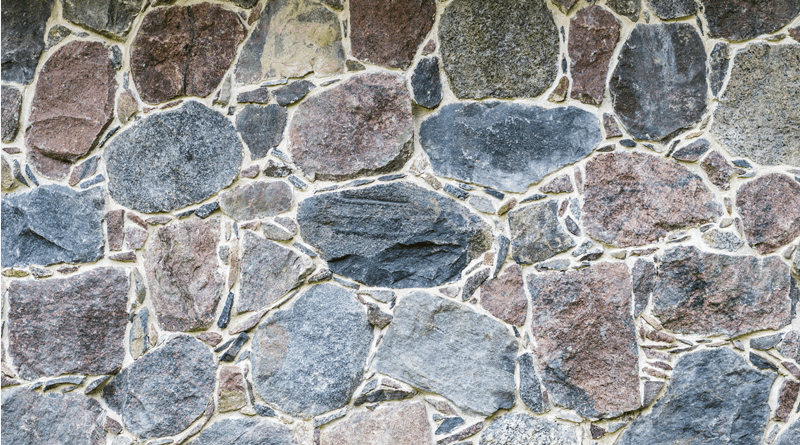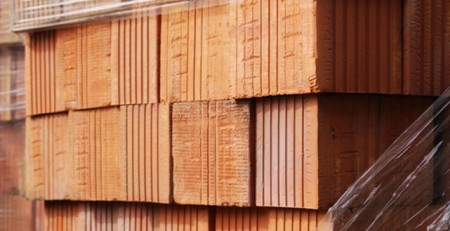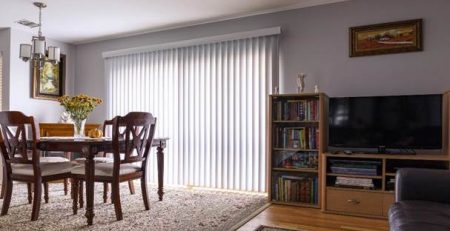Timeless Sandstone
Some aspects of life remain constant whilst the world changes around them. One such constant is sandstone paving. Coming in a variety of finishes and colours, there should be a product to suit most needs.
Concrete paving reinvents itself every few years, but ultimately it never achieves that natural stone finish. Low maintenance gardens with artificial turf and polymer based decking have become increasingly popular over the last few years as householders now seem to prefer to sit and admire their garden rather than find time to tend it – but what cannot be ignored is that a good quality sandstone paving, carefully chosen will always draw the eye and last for years.
Unique colours offering both subtle and clearly contrasting variations are a wonder of the natural world. No two quarry seams are the same, so each slab will be a one off. Even a small seam can offer a rainbow of colour that may not always be apparent when first quarried.
Like anything left outside for a period, the elements have an effect. Over time sandstone will require a clean, but how often may depend on its water absorbency. Ask your supplier for water absorbency rates on your target purchase. To explain, different stones have different absorption rates. The more water that is sucked up and retained by the slab the damper the stone becomes. The longer the water is retained the greater the likelihood of the stone developing a green hue of moss and algae. This can become slippery and by definition dangerous to walk on.
To prevent this, some industry experts may suggest sealing the product. Fair point, if from a safety aspect, the situation is improved, but if there is any other suggested reason, ask why? Natural stone shouldn’t need sealing. Look at old buildings and historic monuments. They are 100’s of years old and haven’t required sealing to survive, so why should your patio that will have a shelf life, of probably 20 years, before you get bored and dig it up?
If you do seal, allow the slabs to settle first and adapt to their surroundings. Then test a slab that is out of sight and leave it to see how it reacts. If you like the results after an extended period, carry on, but don’t seal the whole patio on day one as if you don’t like the look, you could potentially have an expensive problem.
Beyond water absorbency, consider whether your potential purchase is frost resistant. Ask the question. Nothing worse than buying a cheap project pack of stone, thinking you have got a bargain, laying it and come the first winter the slabs start to split, crumble and delaminate; and you have to replace it.
A supplier worthy of its name should be able to source this type of data for you so that you can be confident in your purchase. If you cannot gain a suitable answer, it may be cost effective to move on.
Natural stone is a wonderful product and if you ask the right questions before purchasing, it will look after you. For further information, please view our website at www.plantopave.co.uk or phone on 01329 840940.











